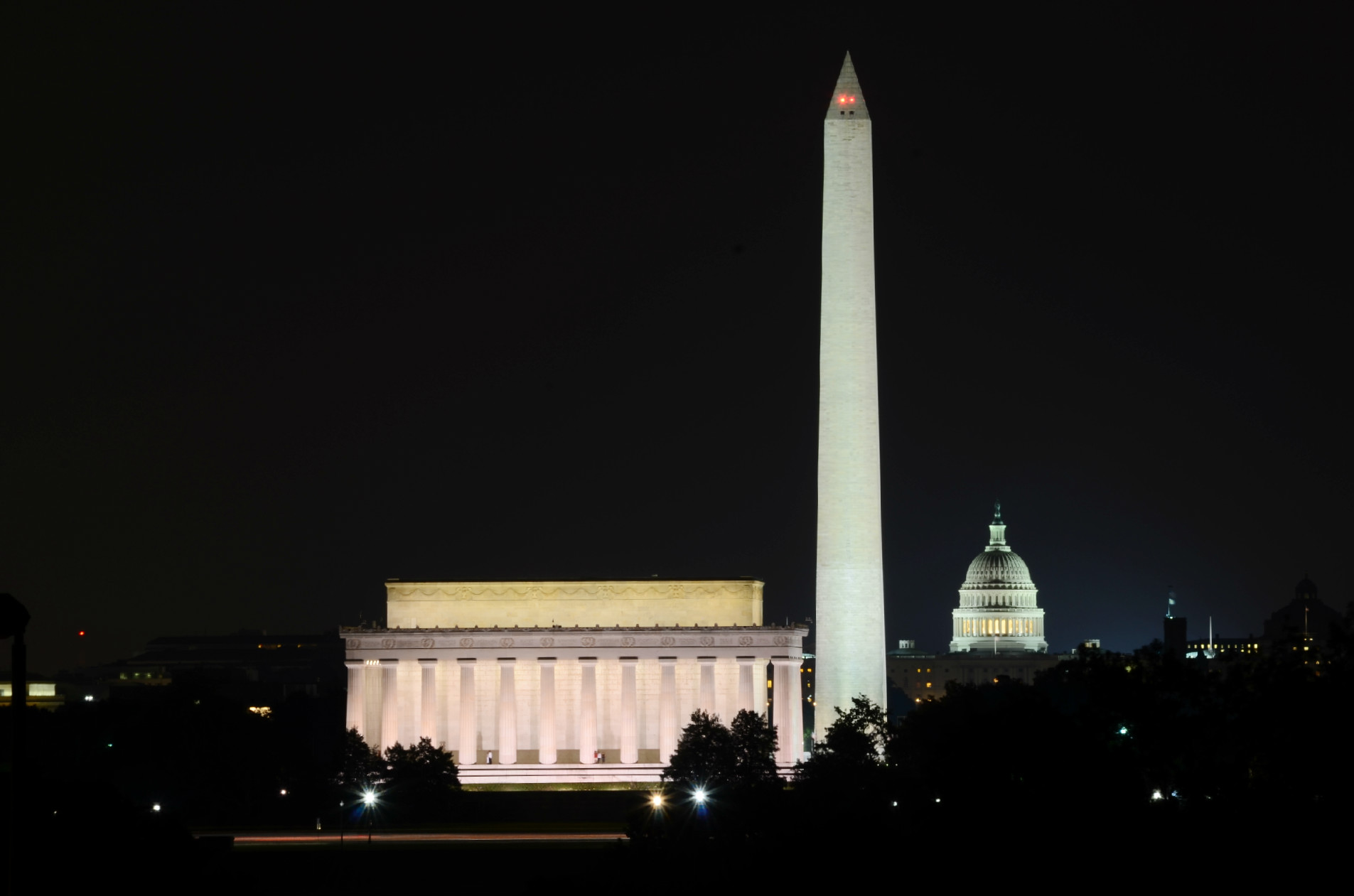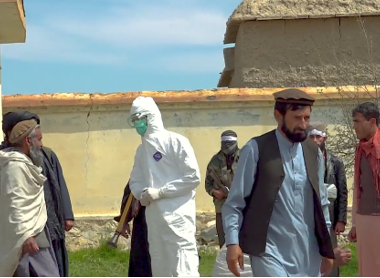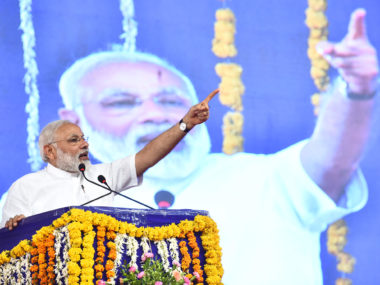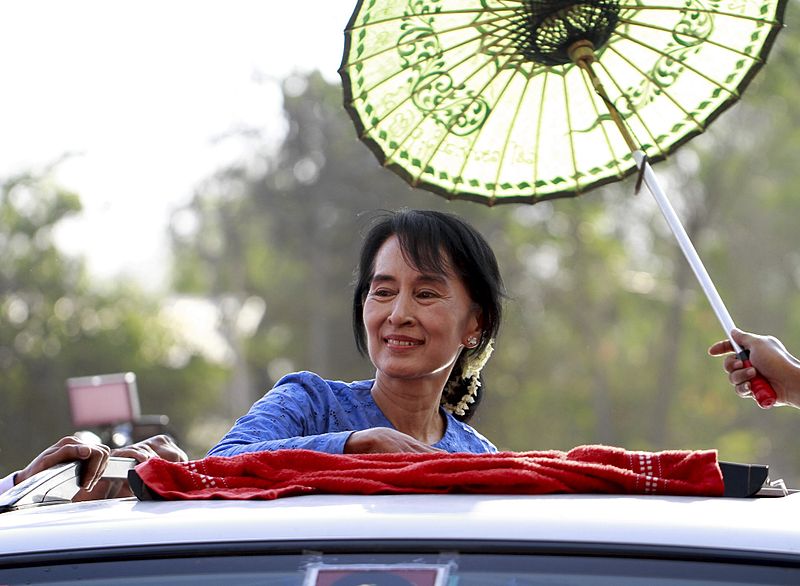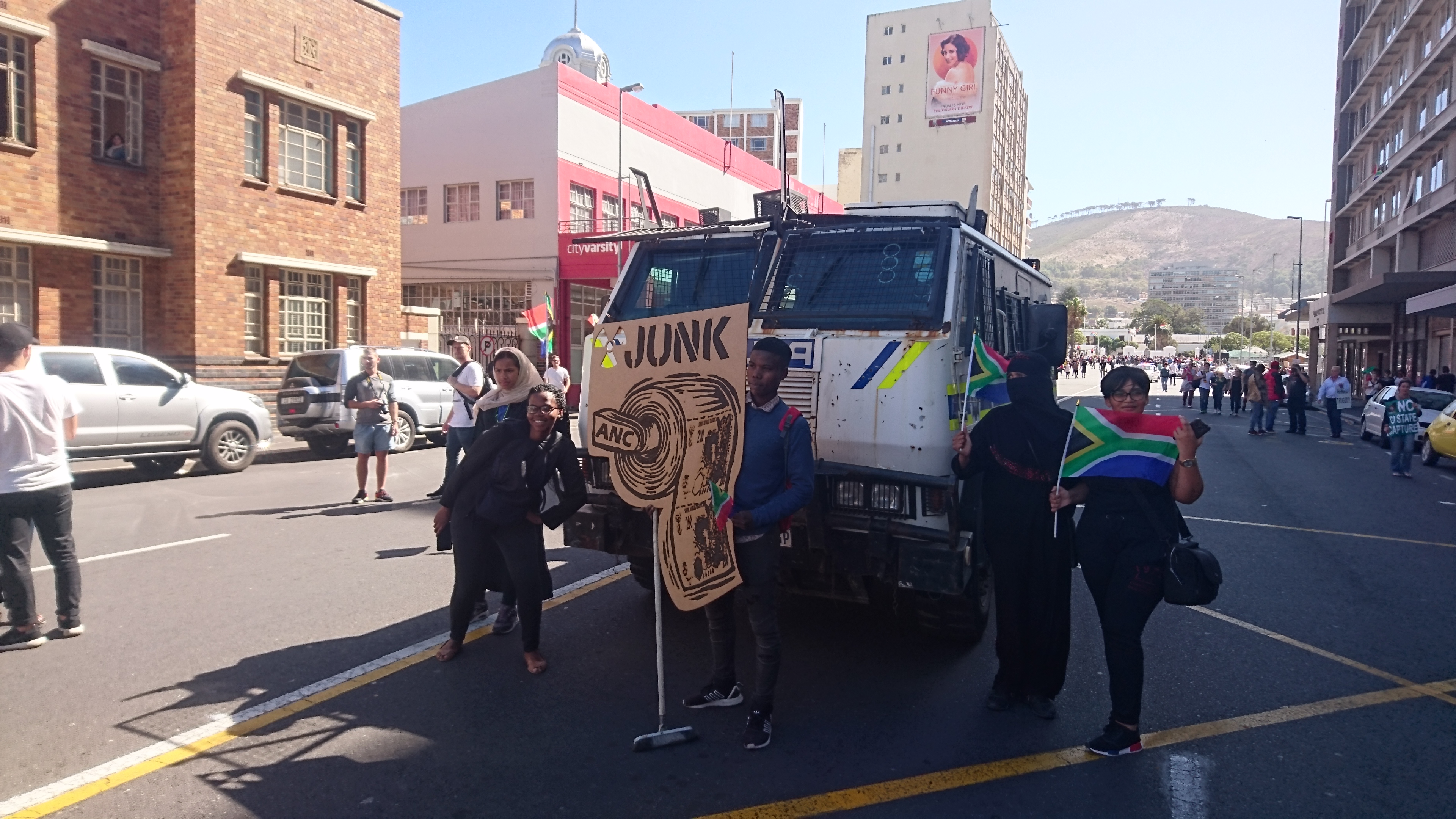In June, Political Violence At A Glance editors Christian Davenport and Erica Chenoweth, through the Conflict Consortium, convened a group of scholars who focus on the police, protestors, and state-challenger interactions (i.e., contentious politics) to help make sense of the events unfolding in the US. If you missed it, you can tune in here—their conversation is more relevant than ever. Co-panelists include: Kanisha Bond (Binghamton), who studies Black Lives Matter and Antifa; Jennifer Earl (Arizona), who studies protest and protest policing in the US; David Klinger (St. Louis), who studies police violence in the US; and Shea Streeter (Michigan), who studies police violence-specific protest in the US.
“We cannot let this moment fade without change. We can’t just talk about it and have people read a bunch of books and then go home. We have to take everybody into the conversation where they are at, and we have to move it along further until people are in power who are willing to make these changes and are accountable to the people who put them in power. That, to me, is how we are going to come out of this. I have a lot of hope about it.”
PV@G Editor Erica Chenoweth.
Other Key Insights
“Symbolic representation gets a heck of a lot more attention than substantive representation.” —Christian Davenport
“The show of defiance that is underway right now shows what people like Doug McAdam would call a level of cognitive liberation, which is to say: we have decided that we’re not going back to the way it was before we decided to take collective action. And that is really difficult to shut down.” —Erica Chenoweth
“If you keep violently treating Black people, to expect Black people to never respond violently is just ridiculous.” —Christian Davenport
“We’re expecting that folks are going say “that’s not acceptable; we’re not going to tolerate this,” and at the next moment of our political participation, institutionalize the vote, we’re not going to remember this moment. We don’t remember this moment because there are so many other moments going on simultaneously. How do you sustain that awareness? How do you sustain that conversation?” —Christian Davenport
“The initial brutalities that have taken place over the last few months that have been widely reported, that backfired. That was violence that produced mobilization. And the protest policing has produced even more mobilization. That is a really significant mobilization mechanism because it compounds the grievances.” —Erica Chenoweth
“If we only have a short window to talk about several hundreds of years worth of dynamics and the role of various different institutions, then we’re not going to be able to come up with anything. Unfortunately, in another ten to fiveteen years we will be at the same exact point. The same solutions have been coming up for quite some time.” —Christian Davenport
“As far as I can tell with the data that Jeremy Preston and I have been collecting through the Crowd Counting Consortium, this is fixing to be the biggest uprising we’ve had under Trump. Which is actually a very significant thing to say, because probably seven or eight of the ten largest mobilizations in US history have happened since Trump was elected and this is potentially going to be bigger than that.” —Erica Chenoweth

